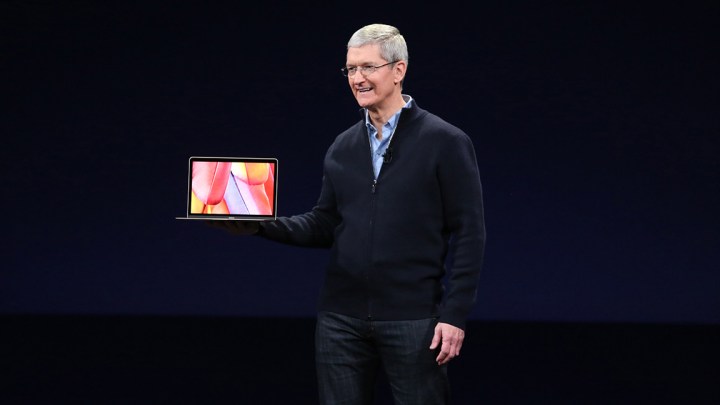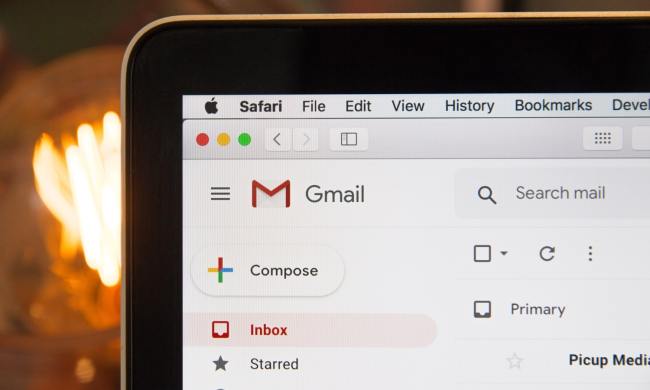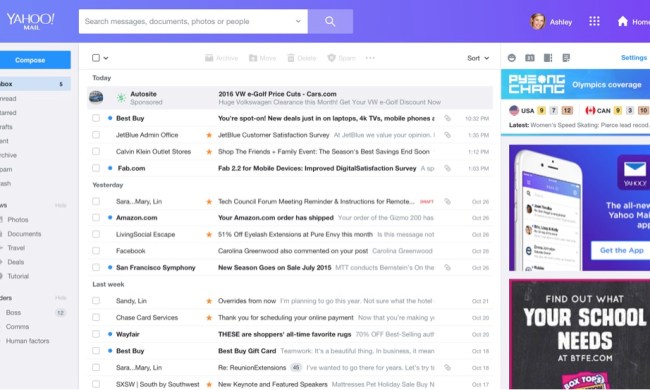
This news arrives as Apple CEO Tim Cook spoke with USA Today about some of the company’s philanthropic efforts. He spoke about what ethos Apple has and the values it wants to uphold.
“Of course corporations should have values because people should have values,” says the tech leader, who has been vocal on a range of civic issues, from gay rights to privacy rules. “And corporations are just a bunch of people.”
He went on to discuss how he wants Apple to leave the world a better place than when it entered it and that involves helping communities and charitable causes.
He spoke of Apple’s commitment to this year’s World AIDS Day on Friday, where 400 Apple stores around the world will play host to banners supporting the RED organization and its message. The money though will come from sponsored sales: iPhone 7 battery packs, Beats Solo 3 headphones, Angry Birds, Clash of Clans — all will donate a proceed of their profits to RED. Apple will also be donating up to a $1 million, in $1 portions, for every Apple Pay purchase on Friday.
Much of this drive is said to come as a form of counter to the rhetoric of President-elect Donald Trump, who infamously made wild comments about all sorts of causes and issues during the election. With concerns that when in power he could reduce funding to HIV and AIDS charities, Cook and others may be stepping in to fill a potential void.
Cook does have a history of standing firm against political stances he disagrees with too. Earlier in 2016, Apple fought in the courtroom to prevent the FBI from forcing it to break security on one of its iPhones. However, Cook has drawn criticism for doing business in countries where homosexuality is criminalized.
Cook, however, shrugs off any suggestion that such charitable moves are publicity stunts.
“This (RED) partnership allows us to touch a group of people we normally wouldn’t,” he said. “Sub-Saharan Africa is not a big marketplace for us. This is about trying to lift people up.”



